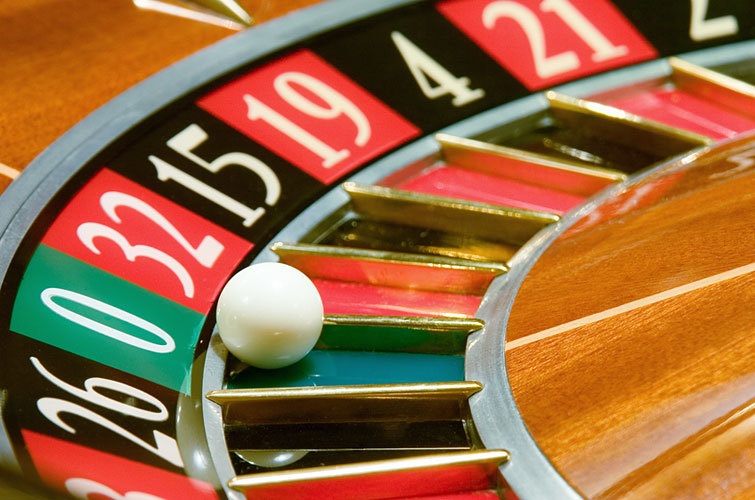
 Florida lawmakers on Friday rejected a new gambling compact with the Seminoles, putting the state’s cut of the multi-billion-dollar tribal gambling market in the Sunshine State at risk.
Florida lawmakers on Friday rejected a new gambling compact with the Seminoles, putting the state’s cut of the multi-billion-dollar tribal gambling market in the Sunshine State at risk.
Late last year, Florida Gov. Rick Scott negotiated a new gambling compact that would have given the state $3 billion in revenue sharing payments over the next seven years, and perhaps billions more over the following 13 years. The Seminoles would have been able to offer craps and roulette under the deal—unlike any other gambling facility in the state. The tribe already has blackjack exclusivity.
“Going into today we knew full well that the gaming bills were on life support,” Rep. Jose Felix Diaz, a Miami Republican, told the Associated Press. “The House was hoping for a miracle, but by the close of the day we saw one was not coming and had no option but to pull the plug.”
Another lawmaker commented: “Every time you put a gaming bill up in the Florida Legislature it’s like throwing a side of beef into a shark tank.”
Early last month, the House Regulatory Affairs Committee approved the agreement, which at the time provided some hope that the new deal would navigate through the legislature successfully.
Florida’s legislature was tasked with ratifying the deal, and thanks to it not doing so, the Seminoles are now operating blackjack at their seven casinos without a compact. The state said it wants the tables removed. The tribe said it would be adding jobs and investing more than $1 billion into its existing gambling facilities if the deal were approved.
Gov. Scott has said that 3,700 workers will lose their jobs if lawmakers failed to act.
The 2010 compact between the state and the Seminoles expired last year. Both parties have filed federal lawsuits over the situation, with the Seminoles continuing business as usual in the meantime. Tribal gaming in the United States is regulated by the federal government.
Despite the current lack of a compact, the tribe is still giving the state money. That could soon end, if Florida loses in court. Florida has the third largest tribal gaming market in the country, trailing only California and Oklahoma. The Sunshine State’s casino market is worth roughly $2.4 billion annually, but that doesn’t include its commercial gambling facilities.
The new compact would have allowed pari-mutuels to stop racing on site but continue with casino operations, such as their poker rooms and slot machines. Some view this change, dubbed “de-coupling,” as an unwanted expansion of gambling in the Sunshine State.
Florida has had a hard time over the past several years with reforming its gambling industry. In 2014, Las Vegas Sands Corp., the largest casino developer in the world in terms of revenue, abandoned its lobbying efforts to build a multi-billion-dollar casino in South Florida because of the role the Seminoles play in the state’s gambling landscape.
Top 10 NO deposit Bonus offers @

Read More... [Source: CardPlayer Poker News]

No comments:
Post a Comment